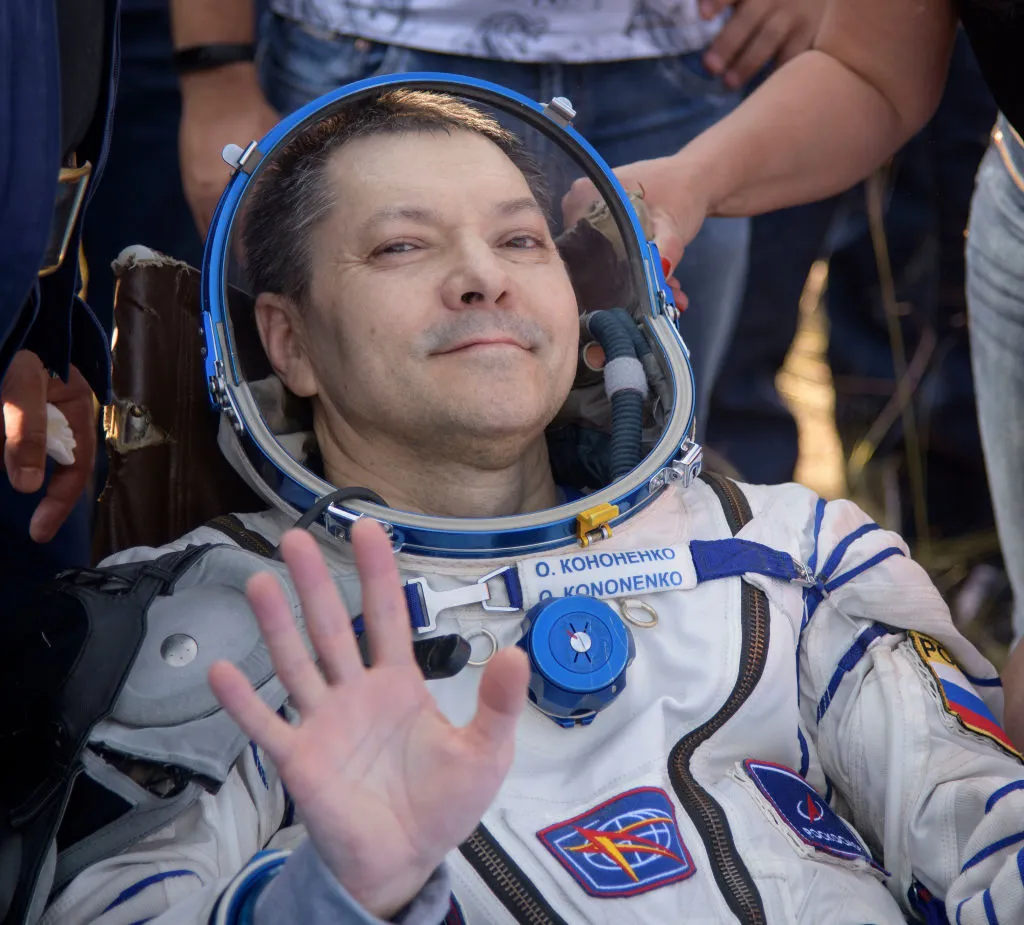The idea that someone could age slower by travelling through space seems like science fiction, but this is something backed up not only by physics, but by real-world experiments.
In our everyday experience, time always ticks at the same rate as we move steadily from the past to the future.
Yet our best theories of the physics of time are Einstein's twin theories of relativity – both Special and General.
As the name suggests, time is relative – the amount of time you experience relative to someone else depends on what you are both doing and where exactly in the Universe you are.

Understanding time's relativity
Imagine you have a budget to spend, a budget that is equal to the speed of light.
You have to split this budget between travelling through space and travelling through time.
The faster you travel through space, the less of your budget there is to allocate to moving through time.
In other words, less time passes the closer to the speed of light you travel relative to someone who is travelling more slowly.
Take the astronauts aboard the International Space Station. They orbit around the Earth at 27,500 kilometres per hour.
They are spending more of their budget on speed than us and so have less to spend on time. So they age more slowly.
Astronauts and time travel

Twins Mark and Scott Kelly are a fascinating example of this effect, known as time dilation.
Both astronauts have been to the ISS, but Scott has spent about ten times longer in space.
Mark was born six minutes before his brother, but is now six minutes and 5 milliseconds older because Scott aged more slowly while travelling at speed around the Earth.
This has been researched and documented in NASA's Twins Study.
In February 2024, Oleg Kononenko broke the record for most amount of time orbiting the Earth, making him humanity’s greatest time traveller.
An astronaut spending 1,000 days orbiting the Earth skips 0.027 seconds into the future.
It may not sound like much, but that's because the speed of the ISS is tiny compared to the speed of light.

Time-travelling at close to the speed of light
Imagine you could travel close to the speed of light on a big loop through space that returned you to the Earth.
For you, ten years will have elapsed on your journey, but on the Earth – where considerably more of our budget was spent on time – 7,000 years would have passed.
You'd have swapped the 21st century for the 91st - genuine time travel by anyone's book.
There is another way to pull off the same feat. Time also runs more slowly the closer you are to massive objects.
In other words, strong gravity stretches out time.
If you were to hang out close to a supermassive black hole, for example, and then return to Earth you would also be able to skip thousands of years into Earth's future.
Astronauts are affected by both forms of time dilation, but on the International Space Station their speed trumps the effect of being further from the Earth and so they still age more slowly overall.

